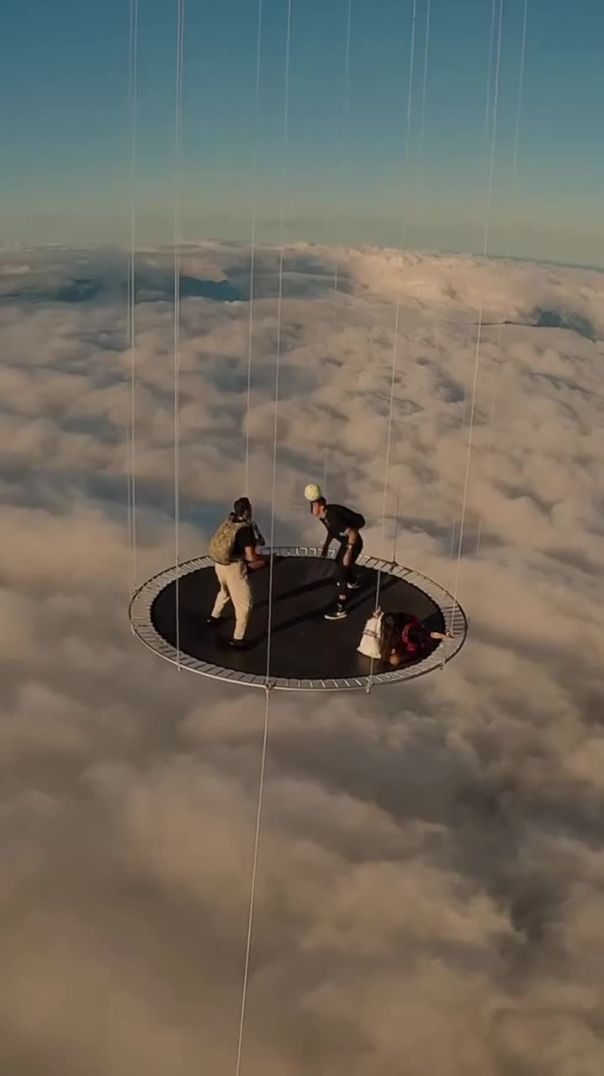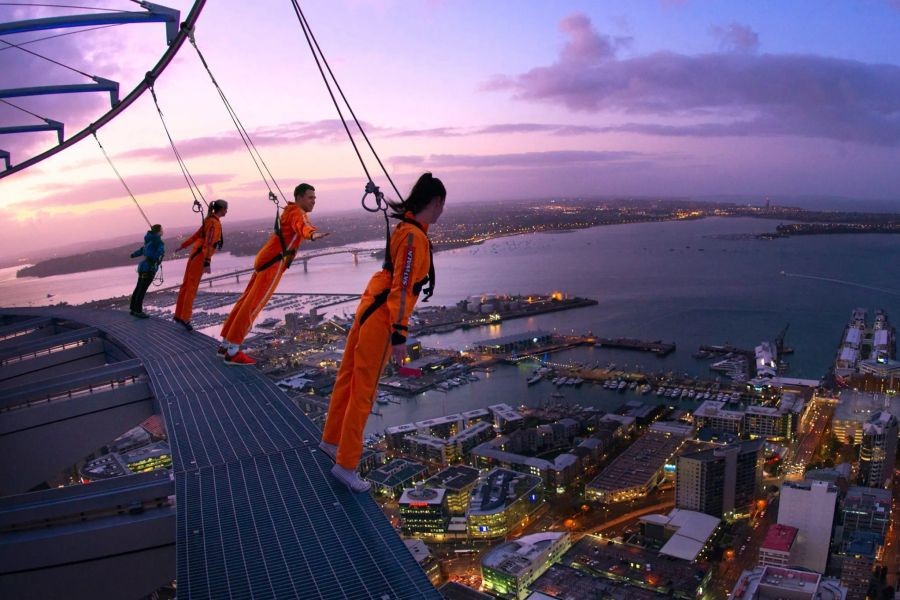New Zealand's national parks offer some of the most breathtaking landscapes on the planet, making them a top destination for multi-day hiking adventures. However, embarking on such a journey requires careful preparation and packing, especially considering the unique environment and weather conditions in New Zealand. This article will guide you through the essentials of packing for a multi-day hike in New Zealand’s national parks, providing expert insights, real-world examples, and data-backed recommendations to ensure a safe and enjoyable experience.
The Importance of Packing Right for New Zealand’s National Parks
Did you know that improper packing is one of the leading causes of hiking incidents in New Zealand? According to the New Zealand Mountain Safety Council, unpreparedness, including inadequate gear, accounts for a significant number of search and rescue operations in the country’s backcountry areas. The unpredictable weather, diverse terrain, and remote locations in New Zealand's national parks make packing correctly not just a matter of comfort but of safety.
With the tourism industry contributing significantly to New Zealand's economy, generating approximately 5.5% of the GDP, ensuring tourists have safe and memorable hiking experiences is crucial. Proper packing not only enhances personal safety but also supports the country's reputation as a premier outdoor destination.
Essential Packing List for Multi-Day Hikes
1. Clothing
- Layering System: The key to staying comfortable in New Zealand’s ever-changing weather is layering. Pack moisture-wicking base layers, insulating mid-layers, and weatherproof outer layers.
- Footwear: Invest in high-quality hiking boots with ankle support and waterproof properties. Break them in before your trip to prevent blisters.
- Accessories: Don’t forget a sunhat, gloves, and a warm hat. Even in summer, temperatures can drop significantly.
2. Navigation and Safety
- Maps and Compass: While GPS devices are useful, always carry a physical map and compass as a backup.
- First Aid Kit: A comprehensive kit tailored for hiking, including blister treatment and insect repellent, is essential.
- Emergency Shelter: A lightweight emergency bivvy or space blanket can be a lifesaver.
3. Food and Hydration
- High-Energy Snacks: Pack lightweight, calorie-dense foods like nuts, dried fruits, and energy bars.
- Water Purification: Methods such as UV pens or filtration systems are crucial, as not all water sources are safe for consumption.
- Cooking Gear: A portable stove and lightweight cooking utensils will allow for hot meals, boosting morale and energy.
Case Study: Successful Packing for the Routeburn Track
Case Study: The Routeburn Track – A Balance of Preparation and Experience
Problem: The Routeburn Track, one of New Zealand's Great Walks, presents hikers with diverse weather conditions and terrain. Many first-time hikers underestimate the challenges, leading to discomfort and potential hazards.
Action: A group of hikers, guided by local experts, meticulously packed their gear, focusing on lightweight yet comprehensive kits. They included items such as layered clothing, a detailed map, and a well-stocked first aid kit. Emphasis was placed on practicing the use of all equipment before the hike.
Result: The group completed the track with minimal issues. They reported feeling prepared for the weather changes and appreciated the importance of each item they packed. Feedback highlighted the value of thorough planning, with 90% of participants stating they would use the same packing strategy for future hikes.
Takeaway: This case study underscores the importance of preparation and local knowledge. By following expert advice and ensuring all gear is tested and understood, hikers can enjoy New Zealand’s trails safely.
Common Myths and Mistakes in Packing for Multi-Day Hikes
Myth: “The weather is always mild in New Zealand.”
Reality: New Zealand's weather is notoriously unpredictable, with rapid changes even in the summer months. Always pack for the worst-case scenario.
Myth: “You don’t need a first aid kit for short hikes.”
Reality: Accidents can happen anytime. A first aid kit is a non-negotiable item, even for seasoned hikers.
Myth: “I can rely solely on my smartphone for navigation.”
Reality: Mobile devices can fail due to battery issues or lack of signal. Always carry a map and compass.
Future Trends in Hiking Preparedness
By 2030, advancements in technology are expected to revolutionize hiking gear, with innovations like smart clothing that adjusts to temperature changes and lightweight solar-powered devices becoming mainstream. For New Zealand, integrating these technologies with traditional knowledge can enhance safety and experience, ensuring the country remains a top hiking destination.
Final Takeaways & Call to Action
- ✅ Fact: Proper packing is critical for safety and enjoyment in New Zealand’s diverse hiking environments.
- 🔥 Strategy: Use a layering system for clothing and ensure all equipment is tested before the hike.
- ❌ Mistake to Avoid: Never assume good weather; always prepare for rapid changes.
- 💡 Pro Tip: Consult local guides and resources for specific trail advice and current conditions.
Are you ready to explore the stunning trails of New Zealand? Start by planning your packing list with these insights in mind. Share your thoughts and experiences below, and let’s ensure every hike is a safe and memorable adventure!
People Also Ask (FAQ)
How does proper packing impact hiking in New Zealand?
Proper packing enhances safety and enjoyment, reducing the risk of incidents. New Zealand's varied terrain and weather require specific gear for a successful hiking experience.
What are the biggest misconceptions about hiking in New Zealand?
One common myth is that the weather is always mild. However, New Zealand's weather can change rapidly, making preparedness essential.
Related Search Queries
- Best hiking gear for New Zealand
- Weather conditions in New Zealand's national parks
- Guide to New Zealand's Great Walks
- Multi-day hike packing tips
- Safety tips for hiking in New Zealand
































MohammedOr
6 days ago